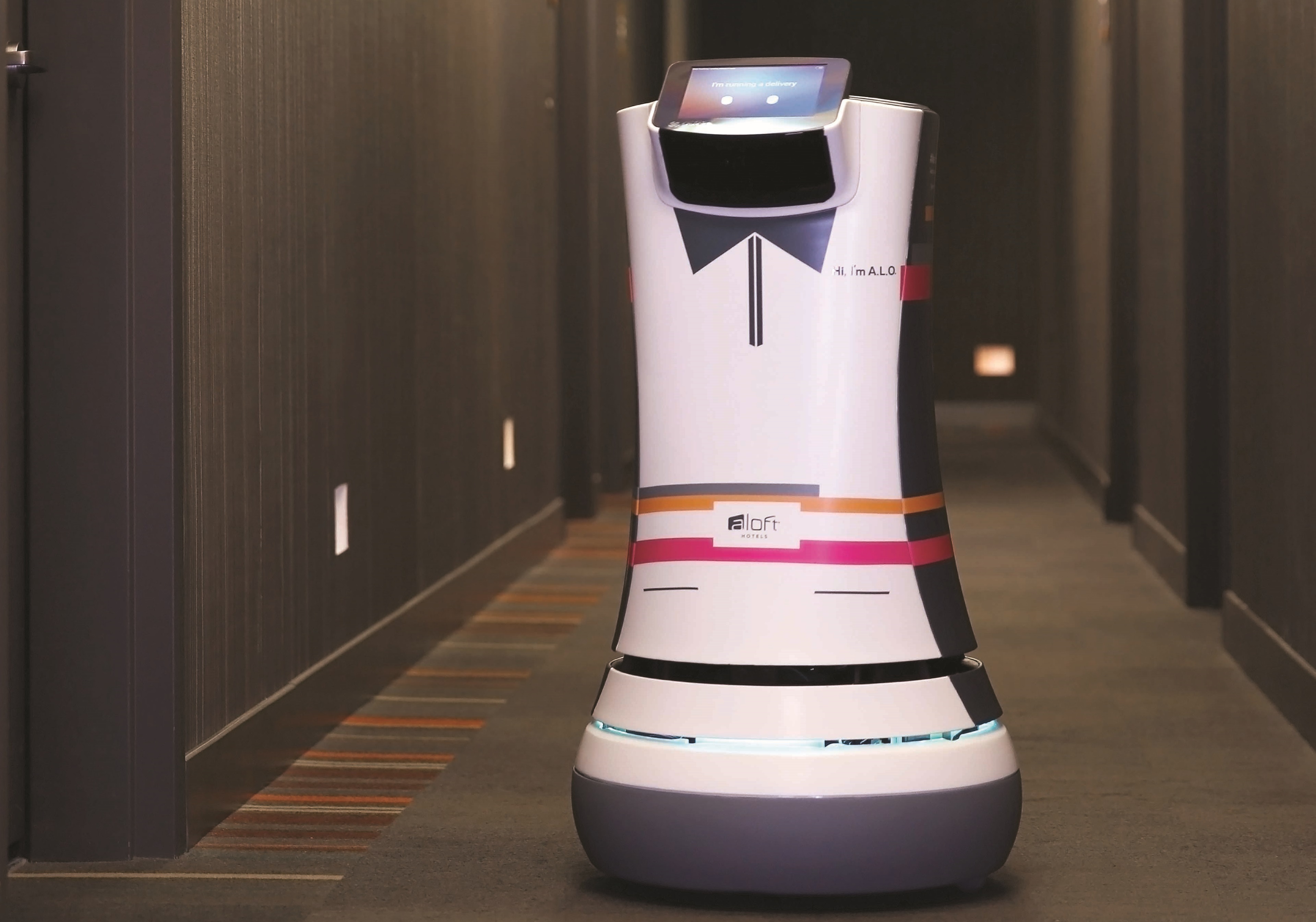When Silicon Valley stalwart Marc Andreessen directs mocking comments or tweets at those who fear the Second Machine Age could lead to mass unemployment, even societal upheaval, he usually depicts them as something akin to Luddites, pointing out that the Industrial Revolution allowed for the creation of more and better jobs. Of course, history doesn’t necessarily repeat itself.
In a Bloomberg View column, Noah Smith says that while the statistics say a robot revolution hasn’t yet arrived and may or may not emerge, relying on the past to predict the future isn’t sound strategy. An excerpt:
Predicting whether machines will make the bulk of humans useless is beyond my capability. The future of technology is much too hard to predict. But I can say this: one of the main arguments often used to rule out this worrisome possibility is very shaky. If you think that history proves that humans can’t be replaced, think again.
I see this argument all the time. Because humans have never been replaced before, people say, it can’t happen in the future. Many cite the example of the Luddites, British textile workers in the early 19th century who protested against the introduction of technologies that could do their jobs more cheaply. In retrospect, the Luddites look foolish. As industrial technology improved, skilled workers were not impoverished — instead, they found ever-more-lucrative jobs that made use of new tools. As a result, “Luddite” is now a term of derision for those who doubt the power of technology to improve the world.
A more sophisticated version of this argument is offered by John Lewis of the Bank of England, in arecent blog post. Reviewing economic history, he shows what most people intuitively understand — new technology has complemented human labor rather than replacing it. Indeed, as Lewis points out, most macroeconomic models assume that the relationship between technology and humans is basically fixed.
That’s the problem, though — economic assumptions are right, until they’re not. The future isn’t always like the past. Sometimes it breaks in radical ways.•
Tags: Noah Smith


